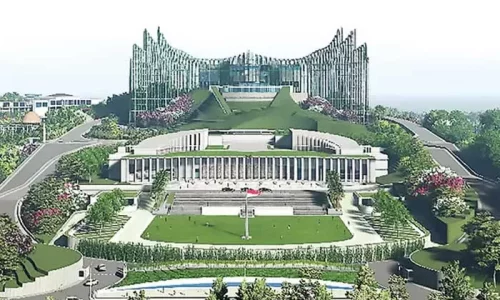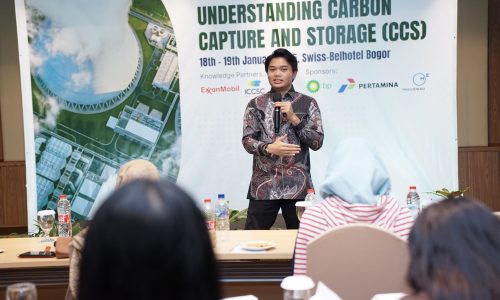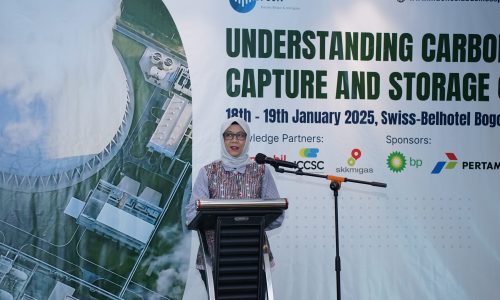Governor of the Indonesian Central Bank (BI), Perry Warjiyo, said the US$5 billion issued by the government as green Islamic bonds (Sukuk) is still far from sufficient to meet the needs of safe sharia investment in accordance with Islamic principles in Indonesia.
“We are at around US$ 5 billion, the second is the Islamic Development Bank (IsDB) and others. But we need more,” Perry said at the Jakarta Convention Center on Thursday, October 31, 2024.
Addressing the Joint High Level Seminar and Investor Forum co-organized by BI, the International Islamic Liquidity, and the Islamic Financial Service Board, Perry said the current limitations of sukuk instruments are a challenge for the development of the sharia financial sector in Indonesia. Although sukuk is known as a stable instrument, the amount is not enough to support the progress of this sector.
“Without sukuk, how can we advance the sharia financial sector? Sukuk is already established, the product already exists. What we need is to realize this demand, teach the public, and help to issue more sukuk,” Perry said.
The BI governor added that this challenge is homework for the authorities of Islamic countries to create more innovation in the sukuk sector. The goal is for sukuk to not only be an investment instrument but also have a liquidity function in the short term.
“Not only as an issuer, but also how sukuk can be used for liquidity. This will help the state, corporations, and society create more sukuk that combine the concepts of takaful and waqf,” he said.
Perry emphasized that the need for sukuk will increase along with the growing interest of young Muslims in Indonesia who are now starting to make sukuk their investment choice, supported by the rapid development of digital technology.
“This is what makes it increasingly difficult for me to sleep every night. Not only do I have to think about innovation and digitization of integrated financial services, but also how the policies I make can support it,” he said.
Perry invited all stakeholders in Islamic finance to collaborate in creating instruments that can accommodate the increasing needs of national Islamic investment.








